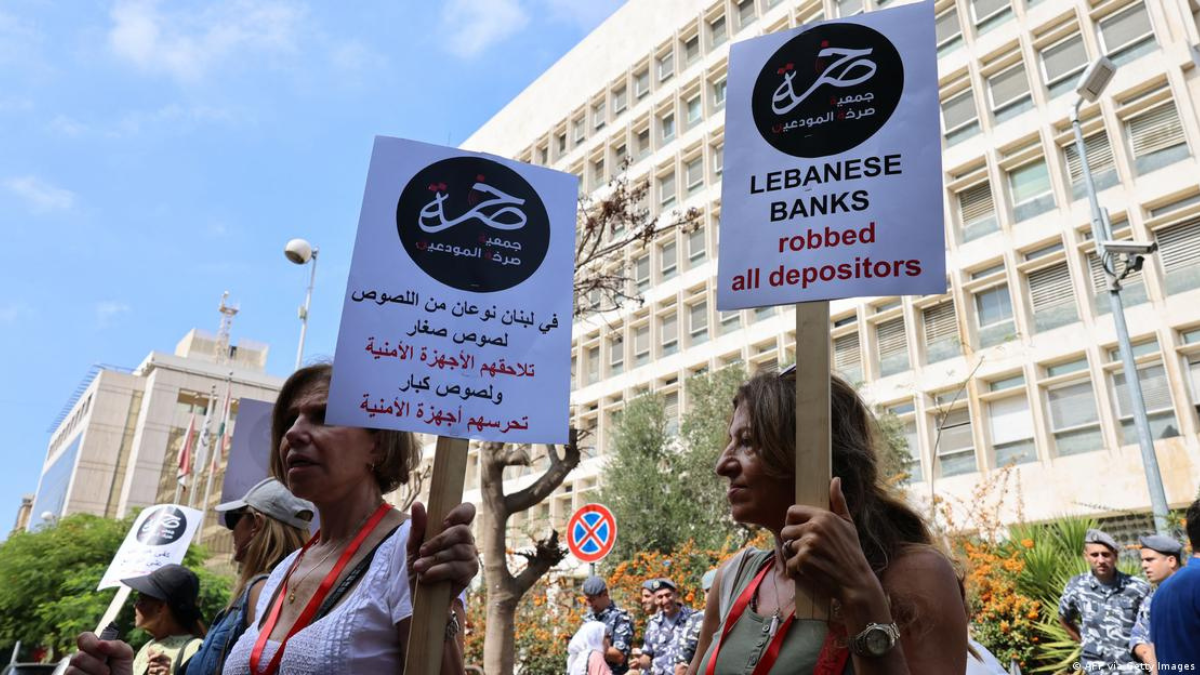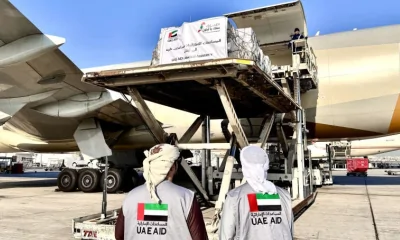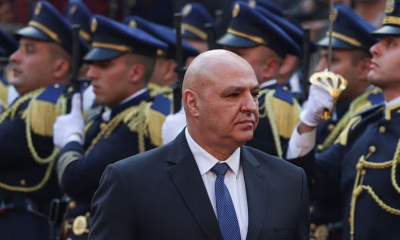As Lebanon plunges deeper into its economic crisis, the recent resignation of the Lebanese Central Bank Governor, Riad Salameh, without a successor, symbolizes the nation’s lack of determination to escape the relentless grip of financial turmoil. The crisis, which began in 2019, has escalated exponentially, leaving its citizens struggling to survive amidst widespread unemployment, skyrocketing inflation, and a rapidly depreciating currency.
This op-ed delves into the multitude of reasons behind Lebanon’s economic downfall, focusing on policy failures and poor governance that have pushed the nation into the abyss.
At the heart of Lebanon’s economic crisis lies a legacy of mismanagement and short-sighted policies. For decades, the country’s political elite has relied heavily on sectarian politics, patronage networks, and corrupt practices, neglecting the need for much-needed economic reforms. This lack of accountability has bred inefficiency, hindering progress and reinforcing the vicious cycle of economic decline.
Riad Salameh’s departure, without a successor in place, further exacerbates the instability within Lebanon’s financial institutions. Moreover, he is facing investigations over a Ponzi scheme, wherein he was trying to protect a highly overvalued Lebanese pound, by increased borrowing from banks, Salameh is also blamed for Lebanon’s economic crash.
The Central Bank, as a key player in economic stabilization, has failed to implement effective monetary policies and regulatory measures to mitigate the crisis. The absence of a leader at this crucial juncture reflects a lack of coherent strategies to address the economic turmoil, leaving the citizens in a state of uncertainty and despair.
In 2023, the World Bank and the International Monetary Fund (IMF) issued stern warnings about Lebanon’s dire economic situation. Both institutions highlighted the urgency of implementing significant reforms to stabilize the economy. They called for measures such as tackling corruption, improving governance, enhancing fiscal transparency, and strengthening financial institutions. However, despite the clear roadmap provided by these global organizations, the Lebanese government displayed a lack of enthusiasm in taking concrete actions to save its sinking economy.
Lebanon’s political elite, preoccupied with power struggles and vested interests, has shown an alarming disregard for the plight of its citizens. The failure to form a new government and enact necessary reforms further reflects a lack of leadership and unity to combat the crisis. The nation’s citizens have grown weary of empty promises, as their lives have been paralyzed by the economic catastrophe.
International assistance has been offered to Lebanon, but it cannot be the sole solution to the crisis. In 2023, several countries extended support in the form of aid packages and loans, but their generosity was met with skepticism due to concerns about how the funds would be utilized given the lack of governance and accountability in Lebanon. The international community has stressed the importance of Lebanon demonstrating a genuine commitment to reforms and transparency to regain confidence.
The urgency to act is palpable, as Lebanon’s economic crisis is not only impacting its own citizens but also causing regional and global ripple effects. The situation has resulted in an increase in poverty rates, the collapse of essential services, and a mass exodus of skilled laborers seeking a better future elsewhere.
ALSO READ: Families of Beirut explosion victims await answers amid frequently stalled probes
To revive the nation’s economy and restore hope for its citizens, Lebanon must confront its challenges head-on. It needs bold, comprehensive reforms that prioritize the welfare of its people over the interests of its political elite. The formation of a competent and accountable government is essential, along with a commitment to transparency, good governance, and a willingness to tackle corruption at all levels.
The road to recovery will undoubtedly be challenging, but Lebanon must find the zeal and determination to rise above its current state. The country can draw inspiration from its resilient citizens who have endured the crisis with remarkable perseverance. It is only through collective action and a genuine resolve to address the root causes of the crisis that Lebanon can begin to rebuild its shattered economy and restore hope for a brighter future.






















